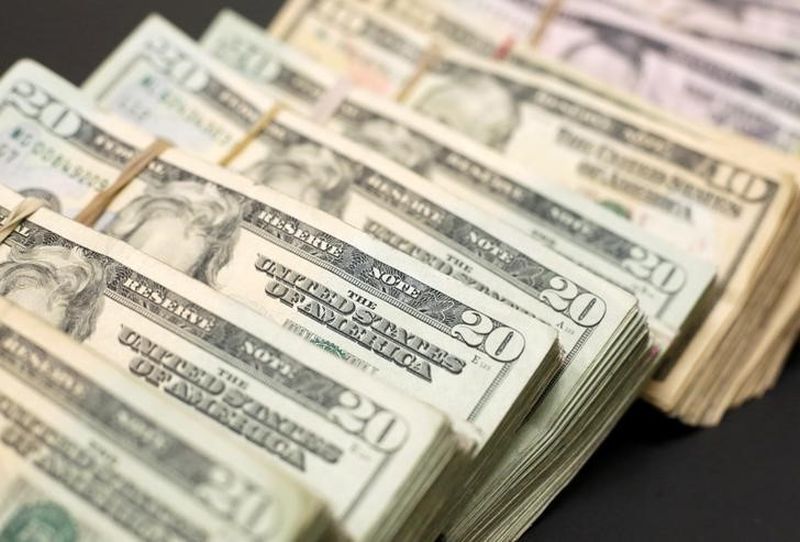NEW YORK, Aug 17 — US and European stocks surged on Friday on expectations the European Central Bank will cut interest rates but the dollar pared gains against the euro after a report said the German government was prepared to take on new debt to lift the economy.
The dollar hit a two-week high against the euro as expectations of ECB stimulus weighed on the single currency and bullish data showing a jump in US homebuilding permits to a seven-month high also helped lift the greenback.
But German and other euro zone government bond yields rose late Friday on a Der Spiegel report. Borrowing costs had plumbed new lows throughout the week as investors unnerved by the prospect of European recession piled into safer assets.
The euro rebounded to pare most losses after Der Spiegel magazine said the German government would be prepared to ditch its balanced budget rule and take on new debt to counter a possible recession.
Germany’s Finance Ministry declined to comment on the report.
There has been a rising drumbeat of news recently from German politicians and businesses calling for a stimulus program, said Karl Schamotta, director of global markets strategy at Cambridge Global Payments in Toronto.
“Markets are still betting on a raft of stimulus measures from the ECB in September and that is having a pretty strongly negative effect on the euro,” Schamotta said. “But in the near term, this idea that we could see more spending out of Germany is helping to alleviate that.”
The German 10-year bund yield rose to a negative 0.688 per cent, having earlier hit a record low of negative 0.727 per cent. Rates turned negative in March and have trended lower since May.
The rebound in equity markets buoyed investor sentiment, though it is hard to say the recent rout has found a floor despite cheaper prices, said Yousef Abbasi, global market strategist at INTL-FCStone Financial in New York.
US banks are likely to get cheaper because European banks are likely to do so if the ECB does not put together a credible off-set plan for further negative rates for banks, he said.
“That’s the concern. Despite some equities looking attractive the macro concern is giving investors a reason to pause and not so aggressively buy the dip,” Abbasi said.
Technology shares led Wall Street’s advance but US stocks posted a third straight week of declines, battered by the US-China trade row and an “inversion” of 2 — and 10-year bond yields that sparked fears of a recession.
MSCI’s gauge of stock performance in 47 countries gained 1.18 per cent and its emerging market rose 0.69 per cent. In Europe, the FTSEurofirst 300 index of leading regional shares closed 1.23 per cent.
The Dow Jones Industrial Average rose 306.62 points, or 1.2 per cent, to 25,886.01. The S&P 500 gained 41.08 points, or 1.44 per cent, to 2,888.68 and the Nasdaq Composite added 129.38 points, or 1.67 per cent, to 7,895.99.
The euro earlier slid to US$1.1090 (RM4.63), shy of a two-year low it set two weeks ago, on reports the ECB’s Olli Rehn had suggested Thursday that a significant easing package was needed in September.
The dollar index rose 0.06 per cent, with the euro down 0.15 per cent to US$1.1089. The Japanese yen weakened 0.23 per cent versus the greenback at 106.35 per dollar.
The German 10-year bund posted a fifth straight week of declines, Italy’s 10-year bond yield set its biggest weekly fall since late 1997 and the decline in Spanish 10-year yields were the largest since at least 1994.
The benchmark 10-year US Treasury notes fell 9/32 in price to push yields up to 1.5589 per cent.
Crude oil prices recovered from two days of declines after data on Thursday, showing a rise in US retail sales, helped ease recession concerns. A bearish outlook from Opec capped gains.
Brent crude rose 41 cents to settle at US$58.64 a barrel while US crude settled 40 cents higher at US$54.87 a barrel.
US gold futures settled down 0.5 per cent at US$1,523.60 an ounce. — Reuters






















